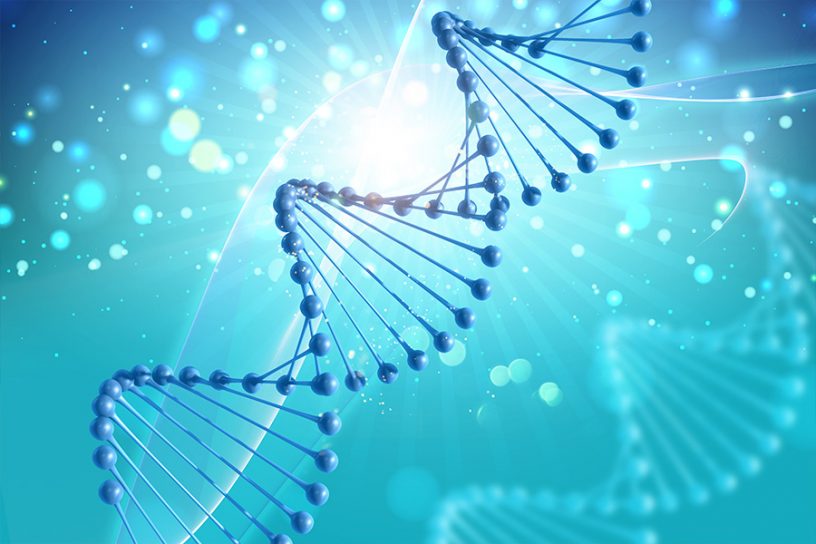
This article describes the importance of regulating biosafety and biosecurity, and, liability for harm in discussions on regulating synthetic biology.
Authors
Sachin Sathyarajan, Jindal Global Law School, O.P. Jindal Global University, Sonipat, Haryana, India.
Balakrishna Pisupati, United Nations Environment Programme, Nairobi, Kenya.
Neeraj Verma, School of Biotechnology, Jawaharlal Nehru University, New Delhi, India.
Pawan K Dhar, School of Biotechnology, Jawaharlal Nehru University, New Delhi, India.
Summary
Synthetic Biology is considered as a key emerging technology. Globally regulating risks in Synthetic Biology is a contentious issue. Discussions on regulating Synthetic Biology and its relevance for various treaties, conventions and protocols are ongoing in many fora, convened under, inter alia, Convention on Biological Diversity.
Given its ramifications, such discussions are inevitable. Regulating biosafety and biosecurity, and, liability for harm are key themes on which discussions are being held. This article describes these developments and their importance.
In India the XIIth Five Year Plan considered harnessing synthetic biology for national development and regulating it.
India has a biotechnology regulatory regime. But to develop a robust policy for synthetic biology, foresight and analysis are needed. The global developments on regulating synthetic biology are relevant for development and regulation of synthetic biology in India.
Published in: Asian Biotechnology and Development Review
To read the full article, please click here.


